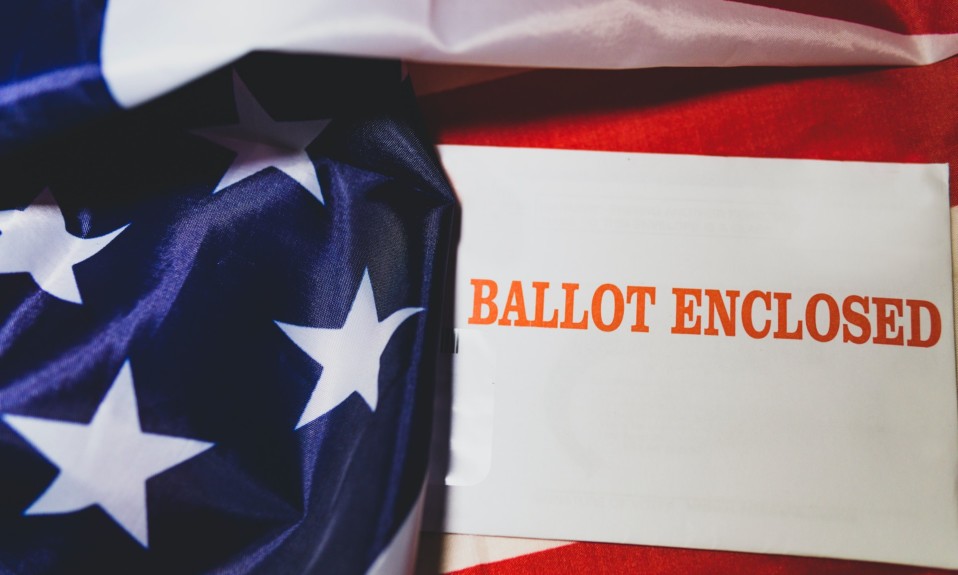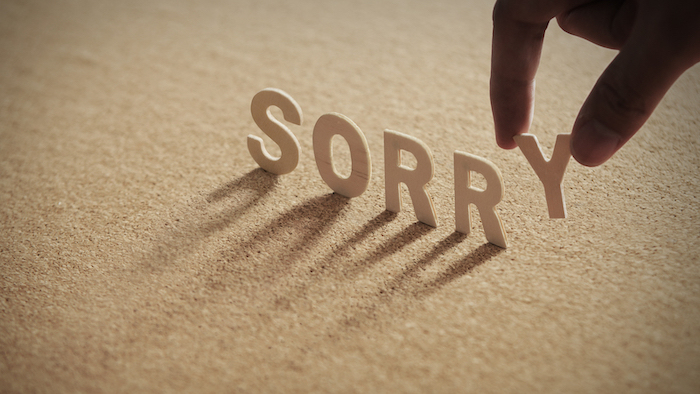Plus: The link between where you live and how much you drink, and the role of spirituality in addiction recovery
By William Wagner
May 11, 2021The USA’s softening views toward marijuana are reflected in the rapidly growing number of states that have legalized recreational use of the drug (it’s closing in on 20) and in recently conducted polls by The Economist and YouGov.
In this week’s “From the Journals,” we also look at how your living situation can affect your drinking habits, and an argument for making spirituality an important part of your recovery journey.
Marijuana use can lead to the development of problem use, known as a marijuana use disorder, which takes the form of addiction in severe cases. Recent data suggest that 30% of those who use marijuana may have some degree of marijuana use disorder.”—NIDA research report
From The Economist and YouGov:
Marijuana Use in the USA
America, it seems, is increasingly okay with marijuana. In an April survey by The Economist and YouGov, 61% of the respondents said they favored the legalization of marijuana at the federal level. And according to a related Economist/YouGov survey, 33% of U.S. adults have smoked marijuana and 23% have consumed “edibles.”
What do these statistics mean for the addiction treatment community? A July 2020 research report by the National Institute on Drug Abuse (NIDA) provides some clues: “Marijuana use can lead to the development of problem use, known as a marijuana use disorder, which takes the form of addiction in severe cases. Recent data suggest that 30% of those who use marijuana may have some degree of marijuana use disorder. People who begin using marijuana before the age of 18 are four to seven times more likely to develop a marijuana use disorder than adults.”
From Health & Place:
The Link Between Where You Live and How Much You Drink
Researchers from the RAND Corporation and Indiana University have tied your propensity to binge-drink to your living situation. If, for instance, you live in a neighborhood with a lot of social cohesion, or “social capital,” you’ll be less apt to drink heavily. On the other hand, neighborhoods that lack solid social networks—and, thus, key elements of interconnectedness that serve as a control mechanism—lend themselves to binge drinking.
Because neighborhood and social network factors work in tandem to affect the likelihood of binge drinking and the frequency of binge drinking, interventions for problem drinking should incorporate both of these aspects to make them more effective.”—Hank Green, Indiana University
“Living in a highly cohesive neighborhood may impact social norms and constrain behavior in such a way that binge drinking is very unlikely, even if the opportunity to drink arises,” Hank Green, Ph.D., an associate professor at Indiana University’s School of Public Health, said in a news release about the study. The researchers believe their work has the potential to better inform interventions. Said Green, “Because neighborhood and social network factors work in tandem to affect the likelihood of binge drinking and the frequency of binge drinking, interventions for problem drinking should incorporate both of these aspects to make them more effective.”
From Addiction Professional:
Spirituality’s Role in Recovery
In an opinion piece in Addiction Professional, John D. Finnerty, Mark Hushen, Jim Denvir, J. Gregory Hobelmann and Alex Denstman contend that science and spirituality aren’t mutually exclusive in addiction recovery. “In our experience,” they write, “a model of care that is grounded in evidence-based modalities of treatment, which integrates the science of medicine, the art of therapy and the compassion of spirituality into an experience that forges connection to self, others and a sense of meaning and purpose, is highly effective in treating persons suffering from substance use disorder.” As an example of the important role spirituality can play in overcoming addiction, they point to the 12 steps in Alcoholics Anonymous, in which you turn yourself over to a higher power, whatever that might be for a particular person.
Photo Simon Schwyter














